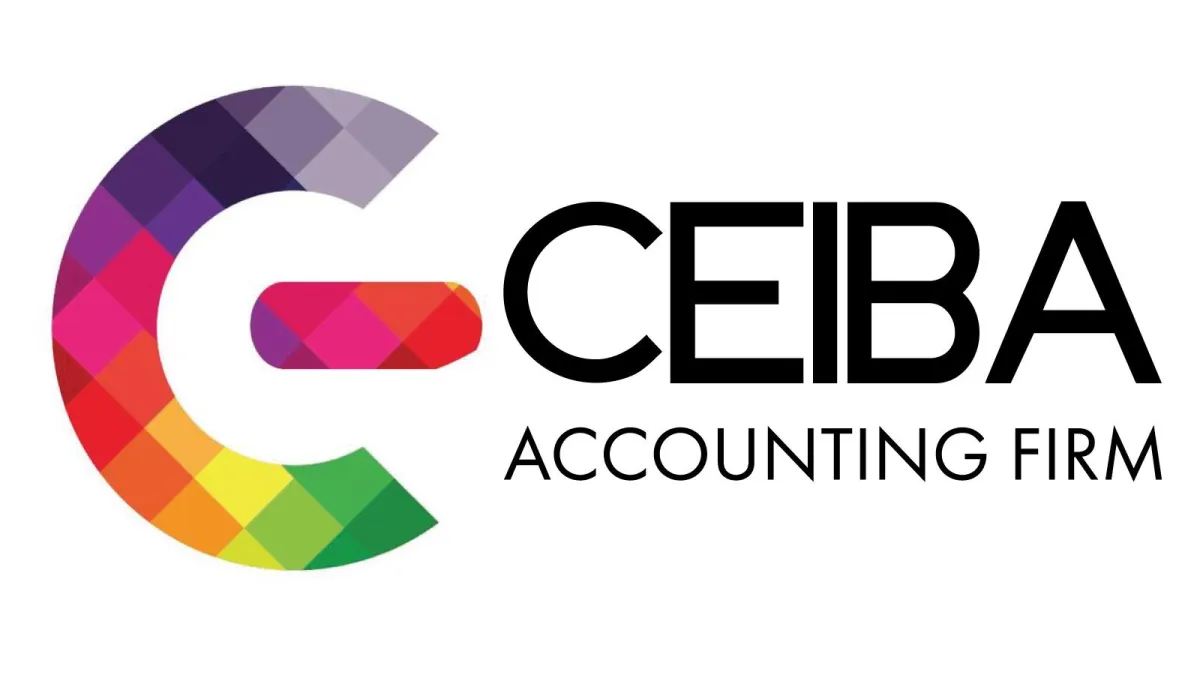
Accounting, Tax, and Financial Advisory Services for Small Businesses
We’re upgrading our website to serve you better — but you can still book a free consultation today.
We are improving your experience
We are updating our website to provide you with a faster and simpler service. In the meantime, schedule your appointment on the calendar and we will contact you to review your case and the next steps.
Book you free consultation in minutes
Pick a time — we’ll do the rest
Choose a 20–30 minute slot on the calendar. We’ll review your needs and outline clear next steps. Online meeting
Security in the management of your data
Your documents will be protected with secure digital systems, ensuring confidentiality and peace of mind
Fast procedures without having to travel
Take care of all your tax and accounting matters from home or the office, without wasting time traveling or waiting in line
Our services
Accounting
Full-service accounting to keep your finances organized, compliant, and stress-free.
Bookkeeping
Accurate record-keeping and reporting so you can focus on growing your business.
Tax Preparation & Planning
Expert tax filing and strategies to reduce liabilities, maximize savings, and avoid IRS penalties.
QuickBooks
Professional QuickBooks setup and management for smooth, efficient operations.